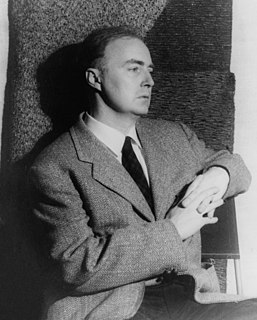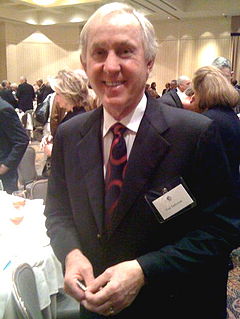A Quote by Andrew Sullivan
The New York Times had not become The New York Times overnight. It had to earn its reputation day-by-day.
Related Quotes
Recently it's become much to my surprise, something that does happen. For example, I used to get almost all of my stories, and it's probably still true, from newspapers. Primarily from The New York Times. No one ever really thinks of The New York Times as a tabloid newspaper and it isn't a tabloid newspaper. But there is a tabloid newspaper within The New York Times very, very often.
The New York Times will tell you what is going on in Afghanistan or the Horn of Africa. But it is no exaggeration that The New York Times has more people in India than they have in Brooklyn. Brooklyn is a borough of two million people. They're not a Bloomingdale's people, not trendy, sophisticated, the quiche and Volvo set. The New York Times does not serve those people.
Everything I learned and didn't do in New York I would put into place here in the London West Hollywood. It's fascinating, when you look at the critics' reviews, and we had a great one in the New York Observer and all that, and then the New York Times came and it was a devastation; two stars out of four. They said that I played safe because it wasn't fireworks. Then they judged the persona over the substance that was on the plate.
When I got my very first phone call that I'd hit the 'New York Times' list, I had a small rush of 'I've made it!' But the next morning, it occurred to me I didn't know what it was, so I called my agent and asked what being a 'New York Times' bestselling author really meant. He informed me that I was now a thousand pound gorilla.
When Caroline Kennedy managed to say 'you know' more than 200 times in an interview with the New York 'Daily News,' and on 130 occasions while talking to 'The New York Times' during her uninspired attempt to become a hereditary senator, she proved, among other things, that she was (a) middle-aged and (b) middle class.
There are roughly three New Yorks. There is, first, the New York of the man or woman who was born here, who takes the city for granted and accepts its size and its turbulence as natural and inevitable. Second, there is the New York of the commuter — the city that is devoured by locusts each day and spat out each night. Third, there is the New York of the person who was born somewhere else and came to New York in quest of something.
































